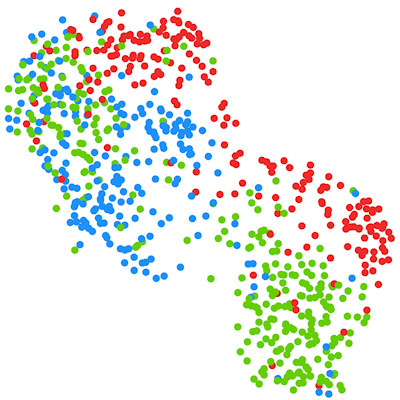November 3, 2022 -- A new study reveals group 2 innate lymphoid cells (ILC2s) are not redundant and in fact are essential for protecting the skin, gastrointestinal tract, airways, and other barrier tissues from parasitic infections as well as damage associated with allergic inflammation and asthma.
Weill Cornell Medicine researchers learned a unique set of regulatory networks controlled by gut neurons may be viable targets for future drug therapies to treat chronic inflammatory diseases including asthma, allergies, and inflammatory bowel disease (Nature, November 2, 2022).
Although ILC2s have functional similarities to T helper type 2 cells (Th2 cells), the latter cell type cannot adequately compensate for loss of the protective response of ILC2s against parasitic worm infection in the gut, nor protect against gut inflammation. Even though the experiments primarily focused on mice, preliminary studies show ILC2s respond similarly in humans.
When ILC2s and Th2 cells are activated by a worm infection, they both produce an anti-worm, tissue-protecting protein -- amphiregulin (AREG). Using mice, the researchers selectively deleted AREG production in ILC2s, but not in Th2 cells. These mice were more susceptible to parasitic worm infection compared with mice with normal ILC2s. The mice lacking ILC2 AREG were also much more susceptible to gut damage from inflammation.
The ILC2 immune response, either to worm infection or inflammatory gut damage, is selectively controlled by a signaling molecule produced by gut neurons, the researchers found. Giving the molecule to mice with experimental gut inflammation boosted AREG production in ILC2s and protected the animals from gut damage, they found.
In addition, preliminary experiments using samples from patients with inflammatory bowel disease showed gut ILC2s could boost the protective response in the human cells as well. In other words, even in humans, gut neurons communicate with ILC2s to generate a protective response that cannot be replaced by other immune cells.
Copyright © 2022 scienceboard.net









